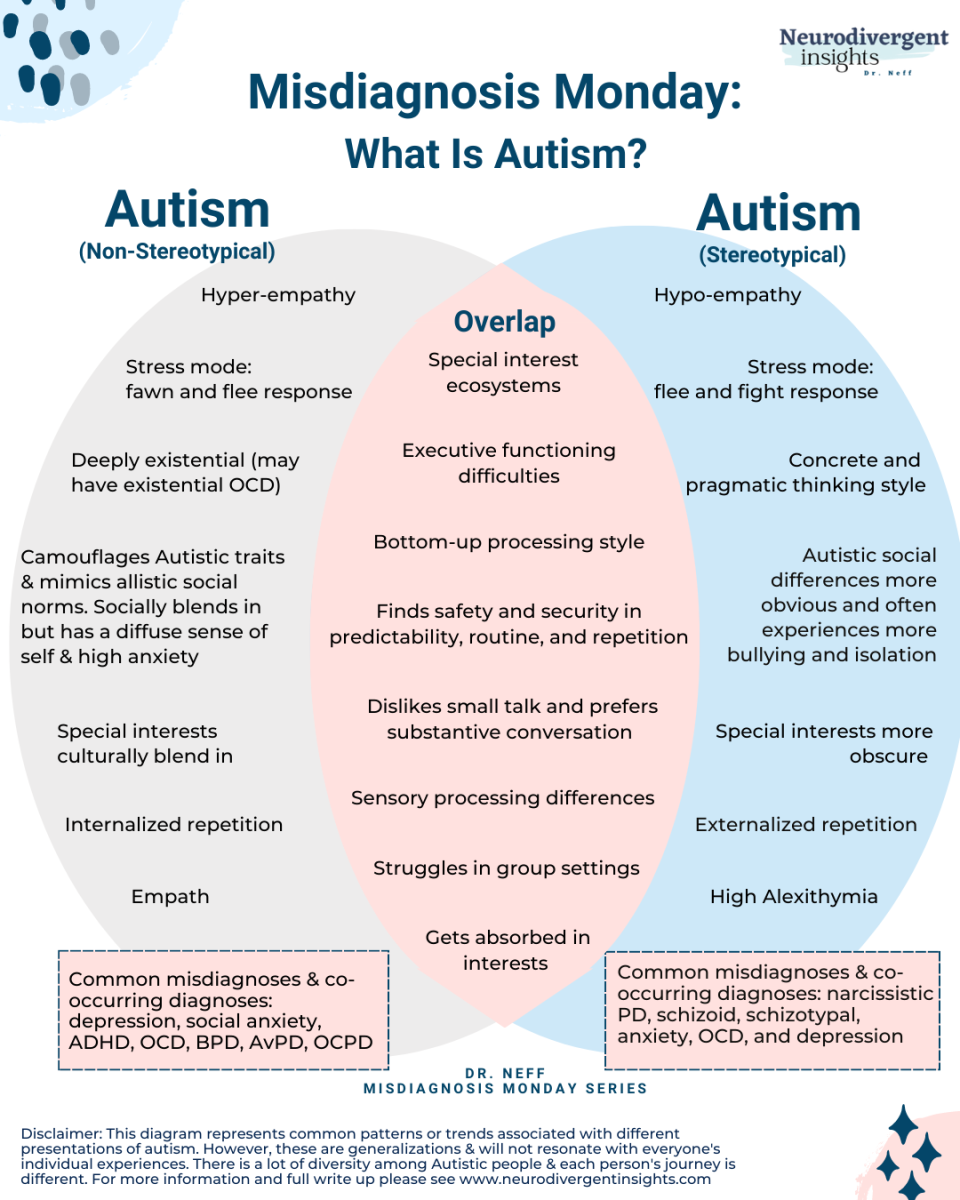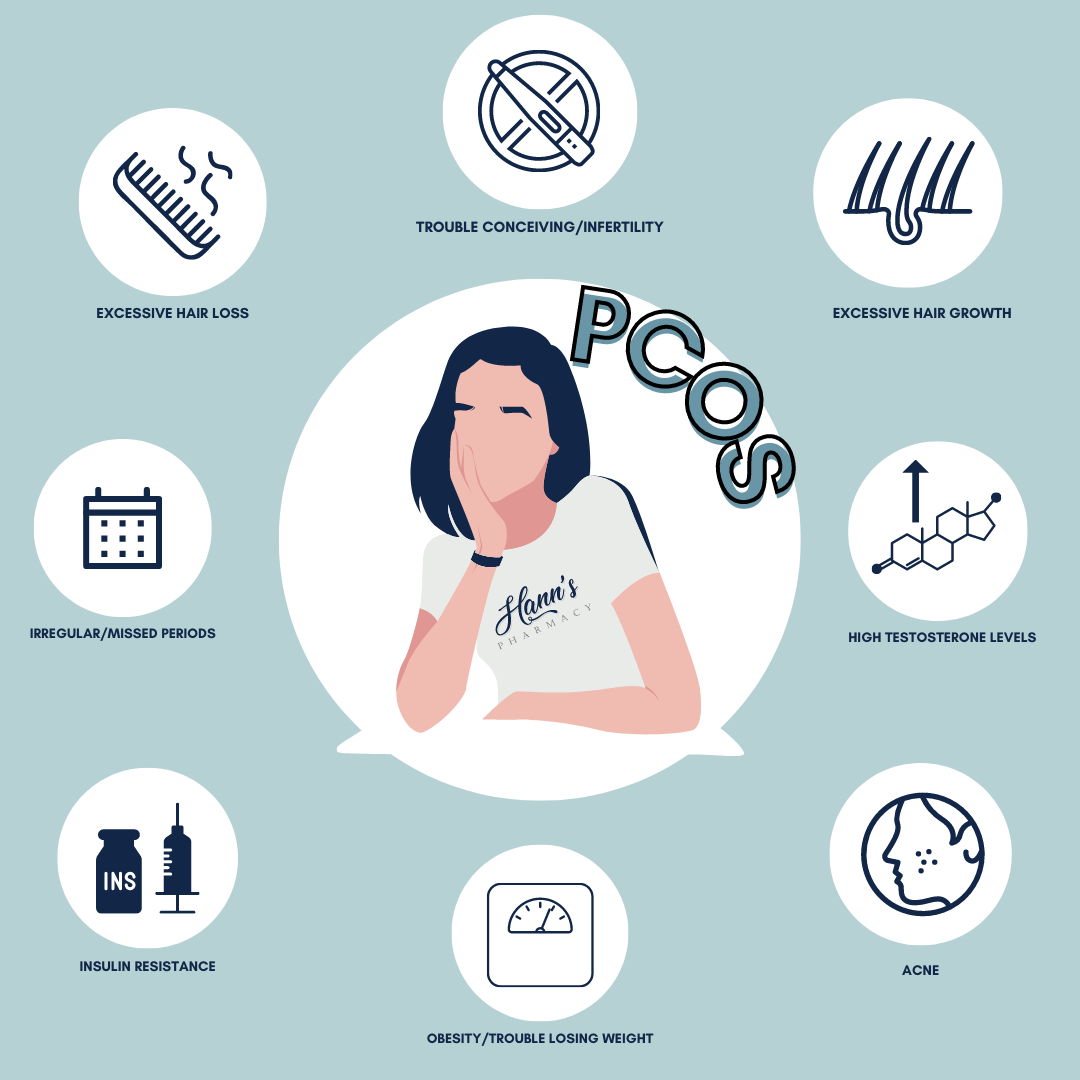From an early age, colorful fruit snacks, sweet juices and quick microwavable meals flashed on the TV, drawing attention to exciting colors, shapes and flavors. Young children are naturally attracted to sweet tastes. According to Science Daily, children are more inclined to reach for sweet treats as they provide much-needed energy and fuel. As children’s caloric needs grow quickly during their early years, sugary snacks offer a quick fix to satisfy cravings. With children eagerly requesting these options, some parents may feel encouraged to buy convenient microwaveable meals and snacks, often high in sugar and trans fats and low in nutritional value.
Promotions from fast food companies, brightly colored packaging featuring delicious-looking treats, and the convenience of grab-and-go meals contribute to the high obesity rate in the United States. This issue affects approximately 42% of both adults and children, making the U.S. the 10th most obese country in the world, according to World Obesity. The issue surrounding obesity covers all areas of human health. Obese individuals are more likely to develop heart disease, type 2 diabetes, stroke, certain cancers and high blood pressure. Additionally, obesity can lead to trouble sleeping, focusing in school, maintaining a stable immune system, and resisting acne, caused by an increase in androgen levels.
While these issues are often associated with obesity, they are just as prevalent among those leading unhealthy lifestyles. Over the past 20 years, with the introduction of Red Bull in 1997 and the subsequent rise of similar energy drinks, many adolescents increasingly turned to these beverages for a quick energy boost. However, this reliance comes with a cost. According to the American Academy of Pediatrics, teens aged 12 to 18 should limit their caffeine intake to 100 milligrams daily, yet a single energy drink can contain up to 400 milligrams. Excessive caffeine consumption can cause a range of negative effects, including restlessness, dehydration, anxiety, headaches and dizziness. Despite offering a temporary boost, energy drinks do not address the root cause of low energy. As Dr. Steven Gundry explains, energy drinks can also exacerbate gastrointestinal issues, causing bloating and unnecessary discomfort, further magnifying the problem of exhaustion.
A common misconception in diet culture is the belief that following a strict eating plan for a few weeks or months will lead to lasting weight loss, reduced inflammation, and the elimination of bad habits—many struggle to realize that short-term diets do not provide long-term solutions. True healing comes from adopting a sustainable lifestyle rather than relying on temporary fixes. Rather than cutting carbs or eliminating all sugar, removing lectins from the diet can significantly impact overall well-being. Lectins — found in foods like tomatoes, potatoes, soy, wheat, lentils, legumes, nightshade vegetables and certain seeds — can act as a barrier, preventing the body from absorbing nutrients, which leads to malnutrition. Dr. Gundry goes into great detail about how lectins disrupt cell communication and increase inflammation in the body, which can lead to weight gain and gastrointestinal issues. If an individual has a high sensitivity to lectins, they will experience problems such as brain fog, anxiety, depression, insomnia, skin conditions and fatigue — again, common symptoms of adolescents.
Hormone imbalances in teenagers result from various factors, including chemicals in the foods they consume, elevated cortisol levels from stressful schedules, intense exercise, and poor dietary habits. Many young women turn to birth control as a solution to regulate their hormones. However, the long-term consequences of birth control can outweigh its immediate benefits, potentially leading to more significant health issues over time. Recognizing that many teenagers are not to blame for consuming unhealthy foods is essential. Brands often market these products as healthy options, but many foods contain substances and chemicals that exacerbate hormone imbalances. Unlike European countries, the U.S. lacks strict regulations on the ingredients allowed in food, making it more difficult for consumers to make informed choices about what they eat.
The rising rates of obesity and related health problems among teenagers highlight the need for better nutrition education and healthier food choices. Understanding how diet affects mental and physical health can give teens and their families a greater incentive to make smarter decisions. By pushing for better food regulations, raising awareness about unhealthy ingredients, and promoting sustainable eating habits, the United States can shift into a healthier society.









